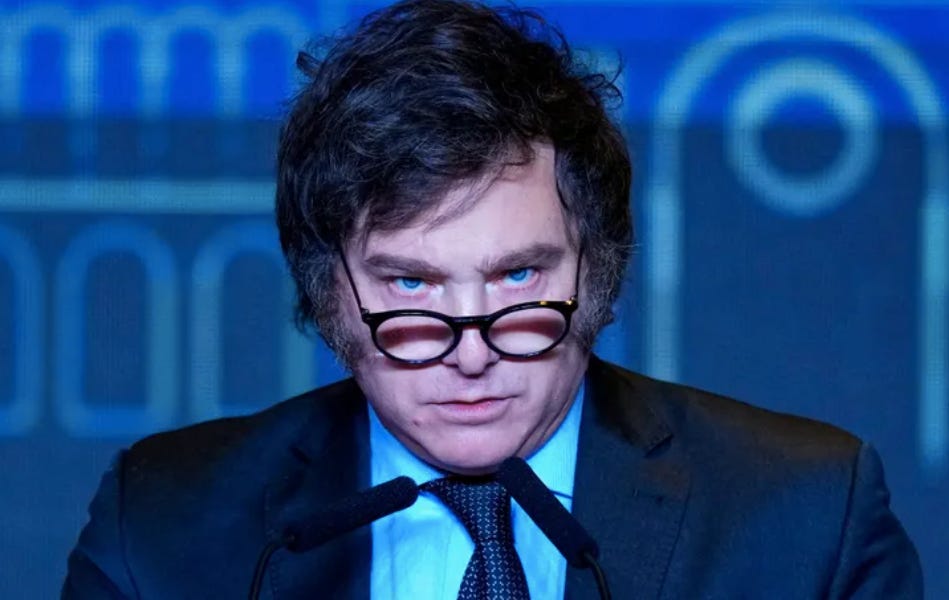Worried2Death
Contributor
He's pretty vague about practical solutions and countering our new nemesis, Atlas Network.
Is the age of liberalism coming to an end?
The collapse of neoliberalism, the rise of fascism, and building the left.www.jphilll.com
New year, same old me banging on about the perils of neoliberalism (or at least echoing my chamber)

/cloudfront-ap-southeast-2.images.arcpublishing.com/nzme/NUBIAI4N2A2YS2PVEP4H5PK7NM.jpg)